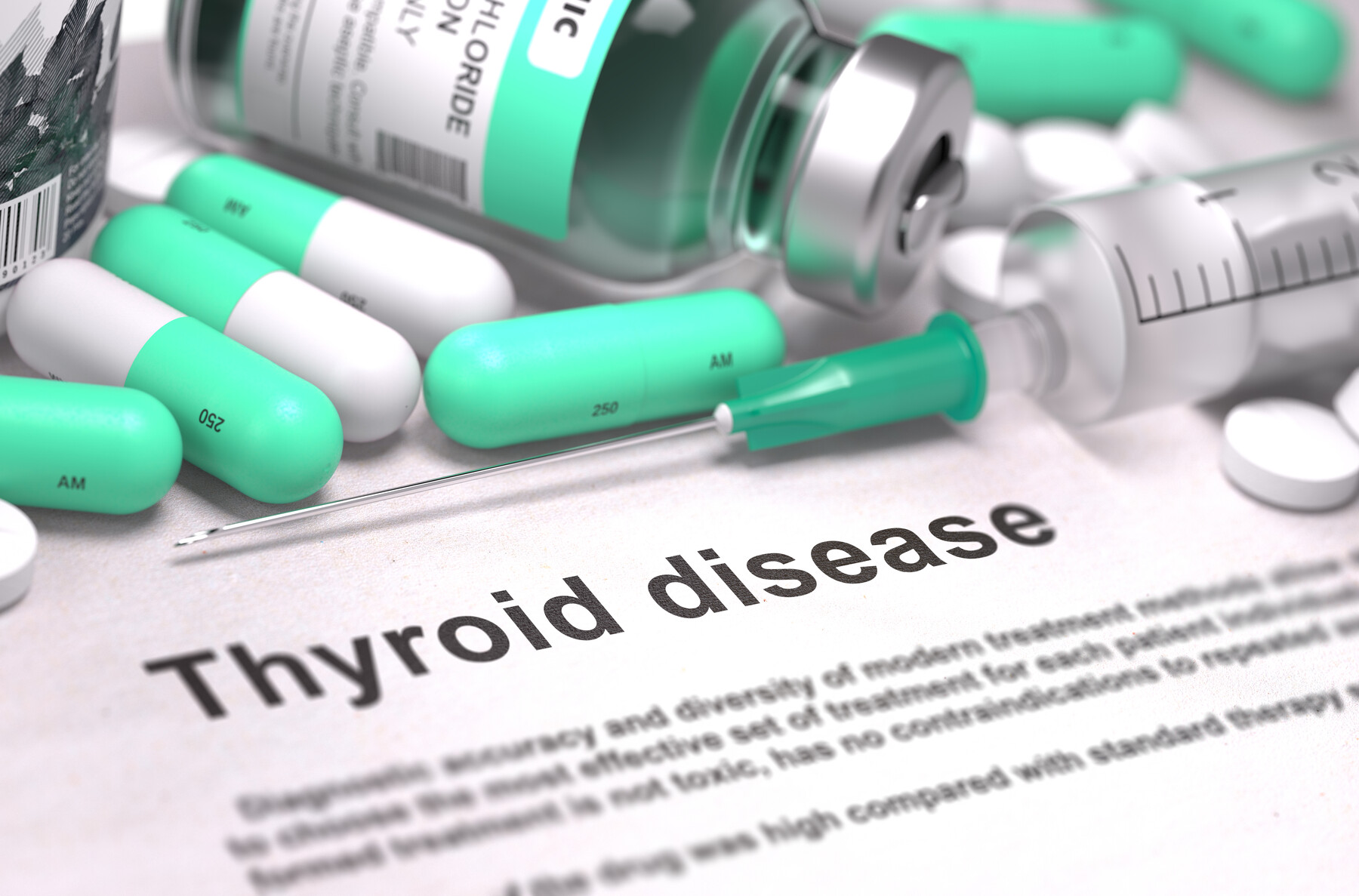~ by Carol Vartuli
Each year during the month of January, the medical community seeks to enlighten the public about thyroid issues. Millions of people live with them, but remain undiagnosed and untreated.
About one percent of the population suffers from Hyperthyroidism, in which the thyroid is overactive and produces too much Thyroxine hormone. Women are more likely to develop this condition, which has several potential causes and is treated accordingly.
By contrast, up to 20 million Americans suffer from Hypothyroidism, in which the thyroid gland is underactive and produces too little Thyroxine hormone. This condition is much more common in adults over age 60. Treatment with a synthetic hormone, Levothyroxine, is very effective in regulating an underactive thyroid.
Confusing Symptoms
A low level of thyroid hormone causes an array of symptoms because it slows body metabolism. Symptoms may include some combination of fatigue, cold intolerance, appetite loss, weight gain, dry, flaky skin, brittle nails, constipation, slower speech and movement, feeling down, difficulty concentrating, muscle aches, and memory problems.
While a younger person often presents with various symptom of hypothyroidism, an older person is less likely to have multiple symptoms. “Memory loss or a decrease in cognitive functioning, often attributed to advancing age, may be the only symptom of hypothyroidism” (American Thyroid Association).
Studies reported by the National Institutes of Health show that hypothyroidism can have a significant effect on neuropsychiatric function in older people with adult-onset thyroid disorder. There is wide agreement that hypothyroidism impacts aspects of cognitive functioning and mood, and that more severe hypothyroidism can mimic melancholic depression and dementia.
Although the relationship between hypothyroidism and cognitive difficulties is well established by science, what could it mean for an older individual who has never been diagnosed with a thyroid disorder but is suffering memory loss?
Fortunately, family members with raised awareness can ask the primary physician to evaluate their loved one’s thyroid function along with any cognitive testing. With treatment, memory issues caused by hypothyroidism tend to improve.
Other Potential Indications of Thyroid Disorder
According to a Harvard Medical School article, “You’re Never Too Old to Have an Underactive Thyroid,” various health issues in adults over 60 can be triggered by hypothyroidism:
- Unexplained high cholesterol is sometimes the only symptom, and necessitates a thyroid evaluation
- Heart failure, in which the heart isn’t pumping blood effectively, can be an effect of low thyroid hormone levels
- Bowel movement changes, with constipation related to slower movement through the bowels
- Joint or muscle pain, with vague joint pain or overall muscular aches may be a sole symptom
- Mental health issues, such as depression, may be the only symptom
- Dementia, or debilitating memory loss, can occur as the only symptom
- Balance problems, because abnormalities in the cerebellum can occur with underactive thyroid
Clearly, undiagnosed hypothyroidism can have misleading, or serious effects for older individuals. If this is new information for you, Thyroid Awareness Month has accomplished its mission. Remember, thyroid disorders are easily diagnosed by a blood test, and can be mitigated with a pill.
The information in the above article is not intended nor implied to be a substitute for professional medical advice, diagnosis, or treatment. Always seek the advice of your physician or other qualified health provider with any questions you may have regarding a medical condition.
